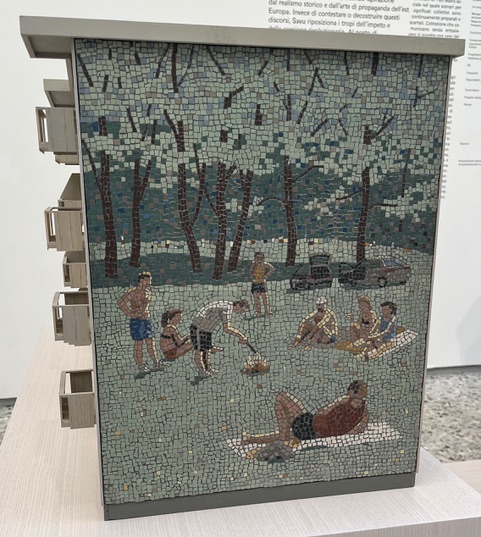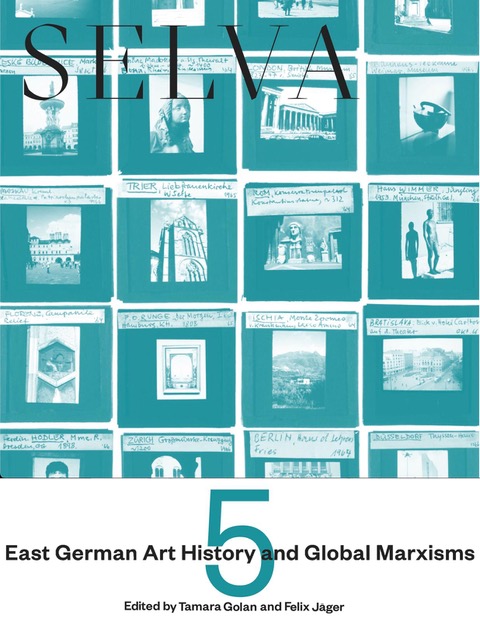We are a working group on the literature and arts of the socialist world. The group considers the art and literature produced in the multinational USSR and the PRC, in Soviet satellite states and other communist and socialist countries, and by writers, artists, and institutions affiliated with the international communist movement in one or another of its variants. Our group is made up of scholars whose collective range of expertise allows us think about world art and literature as a richly diverse object of study, and it operates in the context of a crop of recent monographs, edited volumes, and symposia that have solidified conversations in Slavic, East Asian, and Global South studies that stake a claim for the role of international communism in creating the institutions of world literature and art as we know them today. It is to these institutions and the actors behind them that we want to turn our attention, but also to the literary and artistic production that occurred in their ambit.
For the foreseeable future, the group meets online three times per semester. Participation is by invitation. However, it is our intention, in due course, to convert our group into an institute, to be housed at one of our home universities, which will hold symposia and talk series, organize group publications, and provide a directory of interested scholars.
“Quoting Socialism: Mosaics and Material Memory in Contemporary Art”
Wednesday, October 16, 2024 at 12.30pm-2pm EST on Zoom
Convener: Cristian Nae (Guest Convener: Dan Acostioaei)
The Worskhop will discuss the use of social visual codes and the cultural memory of socialist visuality in contemporary art as a means to investigate pressing social, political and economic issues, geopolitical changes and cultural clashes. A special focus will be placed on the condition of public art forms and techniques that have become obsolete after the fall of the Berlin Wall, such as mosaics.
“East German Art History and Global Marxisms”
Friday, November 15, 2024 at 12.30pm-2pm EST on Zoom
Guest Conveners: Tamara Golan, Felix Jäger
This workshop takes as its starting point a recently released special issue of Selva, which critically reflects upon a newly translated 1966 essay by East German art historian and critic Peter H. Feist. The essay charts his vision for a Marxist methodology of art history that is both interdisciplinary and international, one that both upholds and – at times – complicates the normative politics of art in socialist countries circa the mid-1960s. The motivation behind this meeting is to sustain the initial questioning that prompted the special issue. Participants in the workshop are encouraged to share how Feist’s arguments and ruminations do or do not bear upon their own areas of expertise and research contexts.
The editors of the issue – Tamara Golan and Felix Jäger – will give a brief introduction to the project and the motivations behind it. Thereafter, contributors to the issue will be invited to briefly explain how they elected to respond to the Feist text, directly or indirectly. All participants in the workshop will also be encouraged to share their responses and reactions to the text in order to expand this effort to understand how Feist might be taken up in the present.


